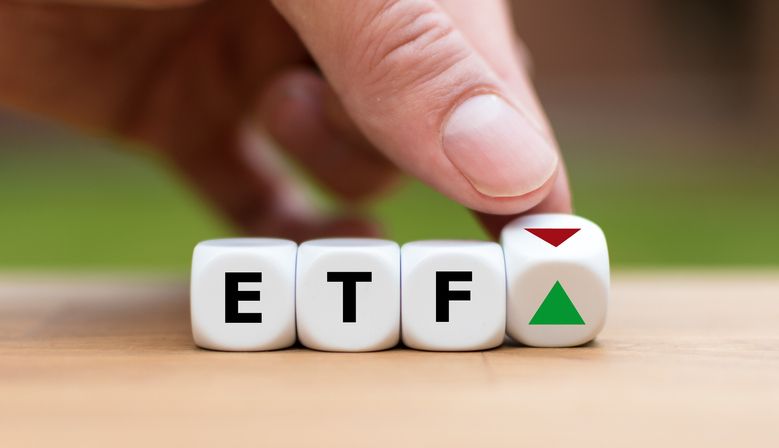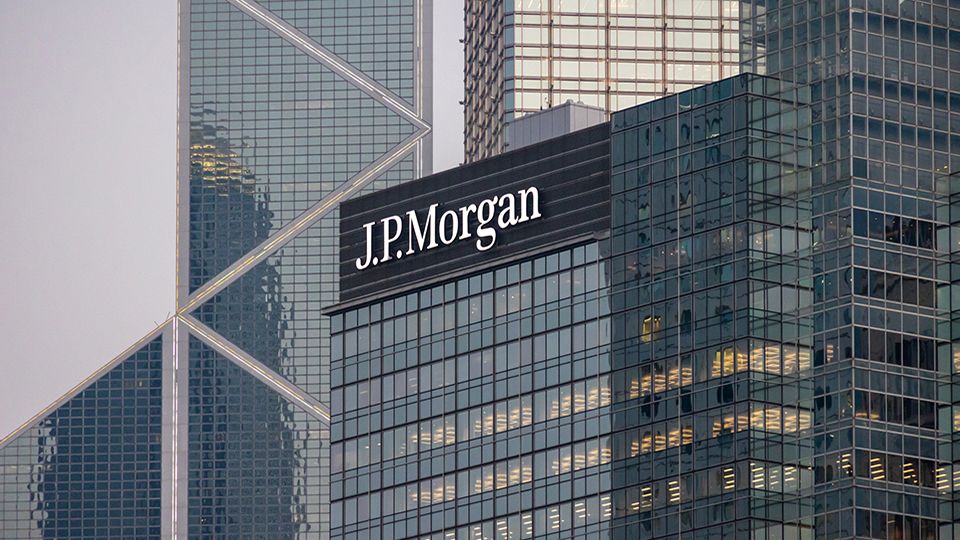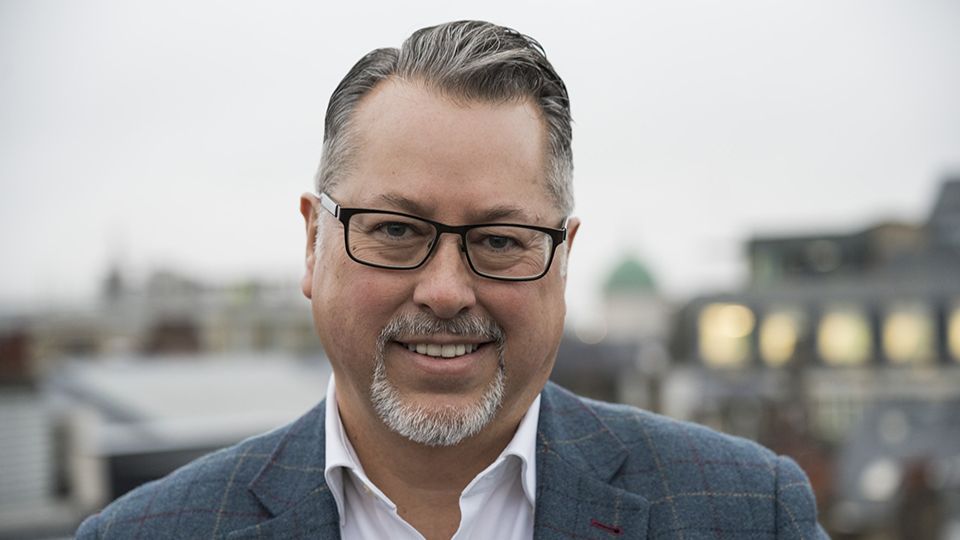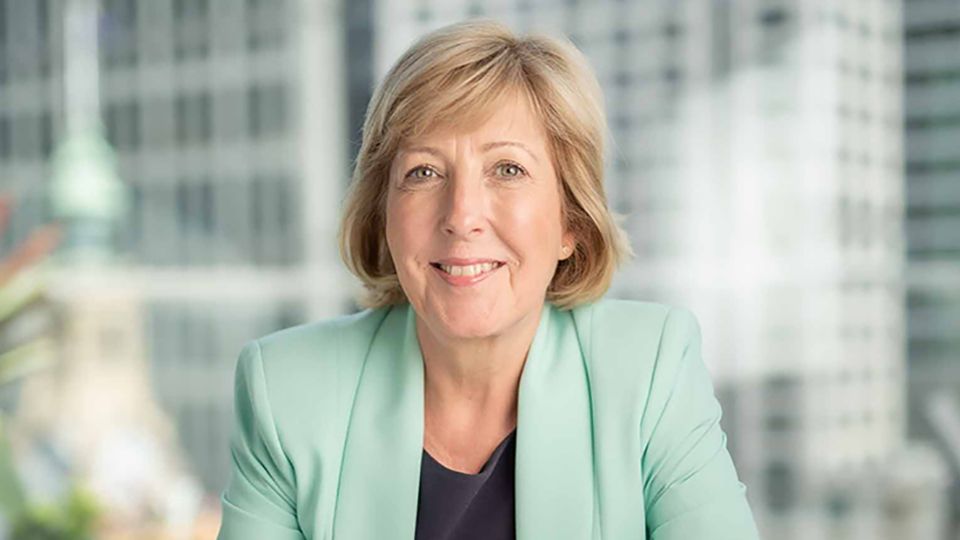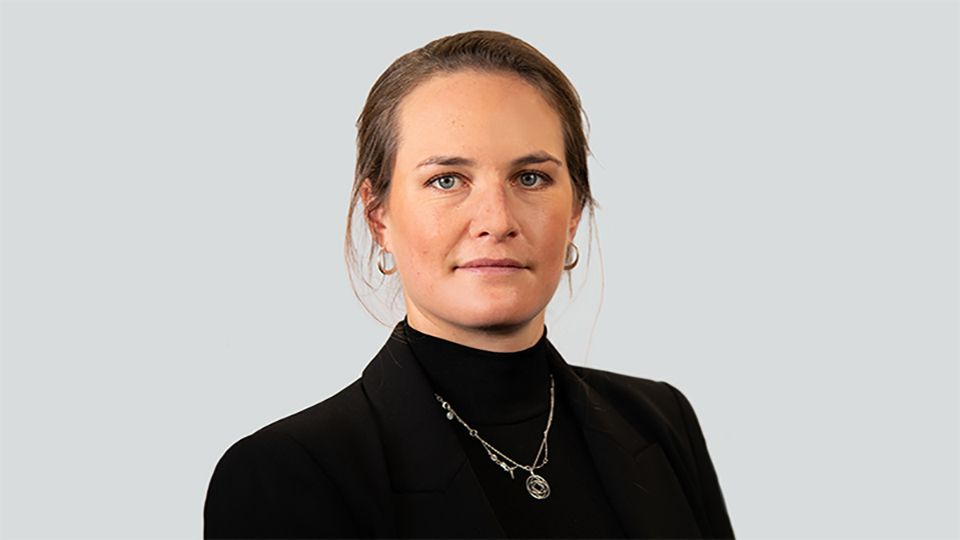Sustainable investment strategies saw nearly $400bn of inflows during 2020, and are on track to grow twice as quickly this year. Meanwhile, sustainable ETFs also registered significant growth, according to Blackrock.
In 2014, money channeled into sustainable ETFs and index funds made up only 6% of the entire ETF and index fund flows; in 2020, the proportion reached a quarter of the total, Sunita Subramoniam, head of sustainable for iShares and index investments Apac, told a webinar.
Blackrock expects inflows into sustainable ETFs to triple to $1.2tn in the next decade.
A global leader in ETFs, iShares has $2trn invested in 800 different product offerings across a wide range of asset classes and investment strategies. iShares is a subsidiary of Blackrock, the world’s largest asset management company.
In 2005, Blackrock launched its first sustainable ETF, and by 2017 Blackrock had become the largest sustainable ETF provider globally, according to the firm.
Today there are nearly 600 sustainable ETFs worldwide, up from 30 a decade ago. The iShares ETF platform has more than 150 ETFs based on sustainable investment themes worth $133bn, Geir Espeskog, co-head of sustainable investing Apac, told the webinar.
“The growing number of ESG ETFs enables investors to do broad-based ESG investing as well as enabling customised portfolios around specific areas, such as climate investing or investing for net zero,” Espeskog said.
“We are convinced that ESG ETFs can further bring out a synchronized move toward sustainability that over time will help make the most sustainable assets more valuable, and the least sustainable assets, less valuable,” he added.
Future returns
Subramoniam noted that investors increasingly recognise that sustainability doesn’t detract from returns; instead, it can improve the risk-return playoff, especially when investors have a forward-looking view.
Subramoniam also warned about risks for investors who do not address sustainability issues in their portfolio, especially climate risk which has not yet been fully priced into markets.
“If you position your portfolios wisely for the next five-to-10 years, you will achieve better future returns by taking into account climate risk,” she said.
“Last year alone, the damages in China from flooding amounted to about $32bn and not all that damage is covered by insurance. This is real money in terms of cost of repair and replacement,” said Subramoniam.
Meanwhile, regulators in Hong Kong, Singapore and elsewhere in the region are insisting on better disclosures not just by companies, but by asset managers as well. There are also guidelines in countries such as New Zealand that dictate how pension money ought to be invested in line with sustainability and climate considerations.
“The route towards a carbon neutral world and evolving expectations around ESG are complex,” said Subramoniam.
However, Blackrock remains optimistic that this presents an historic investment opportunity, and that investors can accelerate the process through their portfolio choices.

